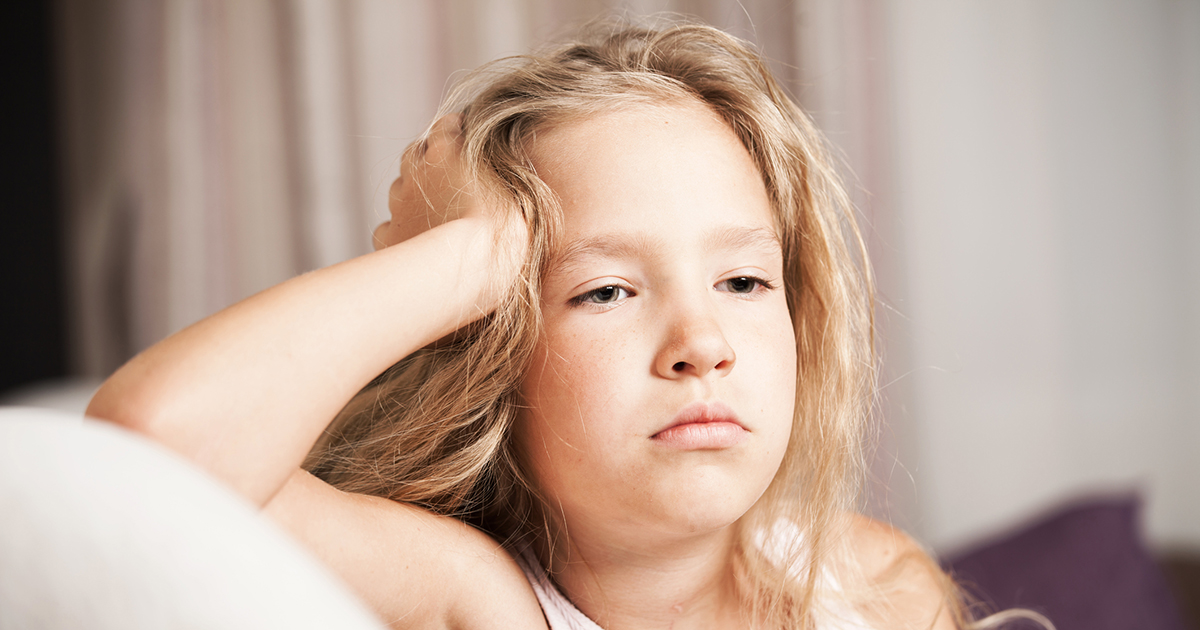Signs Your Child Is Stressed & How To Help Them Cope
As parents, providers, and caretakers, we want the very best for our children and would do anything to ensure they are happy and healthy. But as adults, we tend to view the world of children as innocent, happy, and carefree, and forget they too can have their own worries and anxieties that cause great distress within their young lives. Kids can worry about a multitude of things, such as family issues, school, and peer pressure. In fact, children often suffer in silence, but let’s break that toxic cycle. Keep reading to unearth what can be causing stress for your child, the signs and symptoms parents should be aware of, and different coping methods both parents and children can use to lessen their anxiety.
What Is 'Childhood' Stress?

Childhood stress can be present during any period of a young child’s life and in any environment that requires them to adapt or change. A child, just like an adult, can experience stress caused by positive and exciting changes, such as starting a new activity or starting school, but is commonly related to negative changes such as an illness or death in the family, or their parents separating. In small doses, stress can be good and a learning curve for a child to develop their own coping methods to foster their problem-solving skills and help them better manage stress as an adult. However, excessive stress can affect how a child thinks, acts, feels, and develops overall. As a result, even small changes that are not necessarily negative can impact a child’s feelings of safety and stability.
Sources Of Stress

Stress can affect anyone who feels overwhelmed due to certain situations that arise, even children. For instance, in preschoolers and younger children, separation from their parents or caretakers can cause great anxiety, also known as separation anxiety. As children age, academic and social pressures, especially when they are just trying to fit in and belong and even figure out who they are, can create stressful situations. Another common source of stress is many kids today are too busy or overwhelmed with the amount or type of extracurricular activities they participant in, and therefore feel like they do not have enough time after school to play creatively or relax. Overscheduling kids can happen, and the best bet for parents is to talk to their kids about their activities and how they feel about them. If they complain, try discussing the positive and negative attributes of the activity and either eliminate it or explore ways you can help manage your child’s responsibilities and time to lessen their anxiety.
